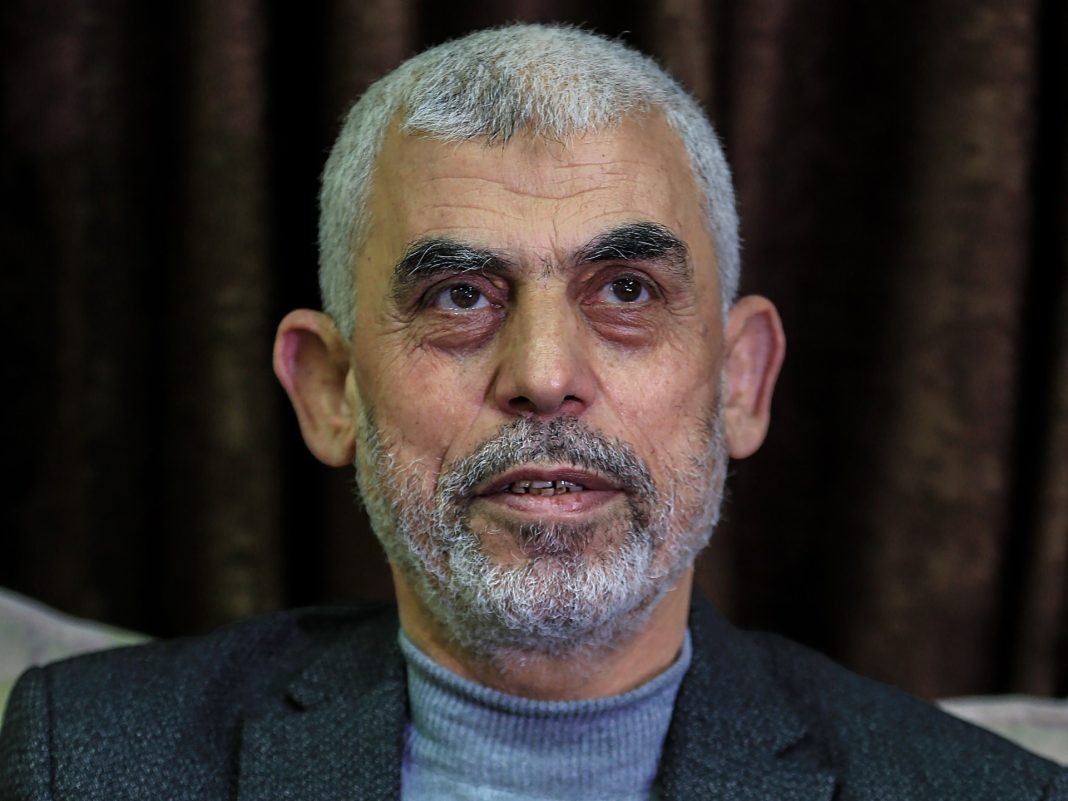Israel Claims Killing of Hamas Leader Sinwar, Vows to Continue Gaza Offensive
In a dramatic escalation of the ongoing conflict, Israeli officials have announced the killing of Hamas leader Yehya Sinwar, a key figure in the militant group’s operations in Gaza. This development comes amid a broader military campaign that Israel insists is far from over, as tensions in the region continue to simmer. Let’s break down what this means for the conflict, the implications for both sides, and what might come next.
Who Was Yehya Sinwar?
Yehya Sinwar has been a prominent figure in Hamas since its inception. He rose through the ranks to become the leader of Hamas in Gaza in 2017, known for his hardline stance against Israel. Sinwar was instrumental in orchestrating various military operations and was seen as a significant threat by Israeli intelligence. His death marks a notable blow to Hamas, but it also raises questions about the future leadership and direction of the group.
The Context of the Conflict
The backdrop to this announcement is a long-standing and deeply rooted conflict between Israel and Hamas, which has seen multiple escalations over the years. The latest round of violence erupted in October 2023, following a series of rocket attacks from Gaza into Israeli territory. Israel responded with airstrikes, leading to significant casualties on both sides. The situation has been further complicated by humanitarian concerns, as civilians in Gaza face dire conditions amid the ongoing military operations.
Israel’s Stance
Israeli officials have made it clear that the killing of Sinwar does not signal an end to their military campaign. In fact, they have vowed to continue their operations until they achieve their objectives, which they claim include dismantling Hamas’s military capabilities. Prime Minister Benjamin Netanyahu stated, “This is just the beginning. We will not stop until we ensure the safety of our citizens.” This rhetoric suggests that the conflict may escalate further, with potential repercussions for the already fragile situation in Gaza.
The Reaction from Hamas
In response to the news of Sinwar’s death, Hamas has vowed to retaliate. The group has a history of resilience, often regrouping and adapting its strategies in the face of losses. A spokesperson for Hamas declared, “The blood of our leaders will only strengthen our resolve.” This statement underscores the potential for continued violence and instability in the region, as both sides prepare for what could be a protracted conflict.
What’s Next?
As the situation unfolds, many are left wondering what the future holds for Gaza and its people. The humanitarian crisis in the region is already severe, with reports of shortages of food, water, and medical supplies. International calls for a ceasefire and a return to negotiations have intensified, but the path to peace remains fraught with challenges.
In conclusion, the killing of Yehya Sinwar represents a significant moment in the ongoing conflict between Israel and Hamas. While Israel celebrates a tactical victory, the broader implications for peace and stability in the region remain uncertain. As both sides brace for what lies ahead, the world watches closely, hoping for a resolution that can bring an end to the cycle of violence.



